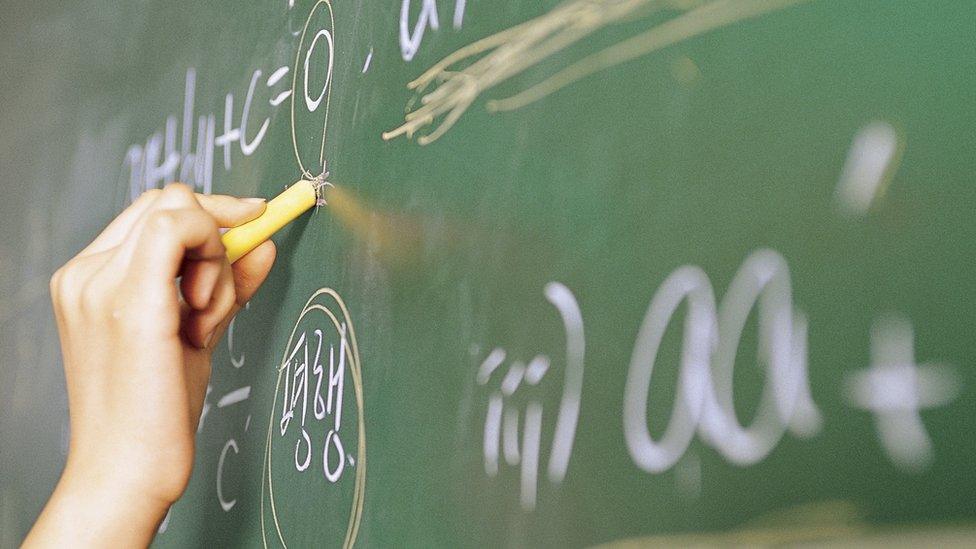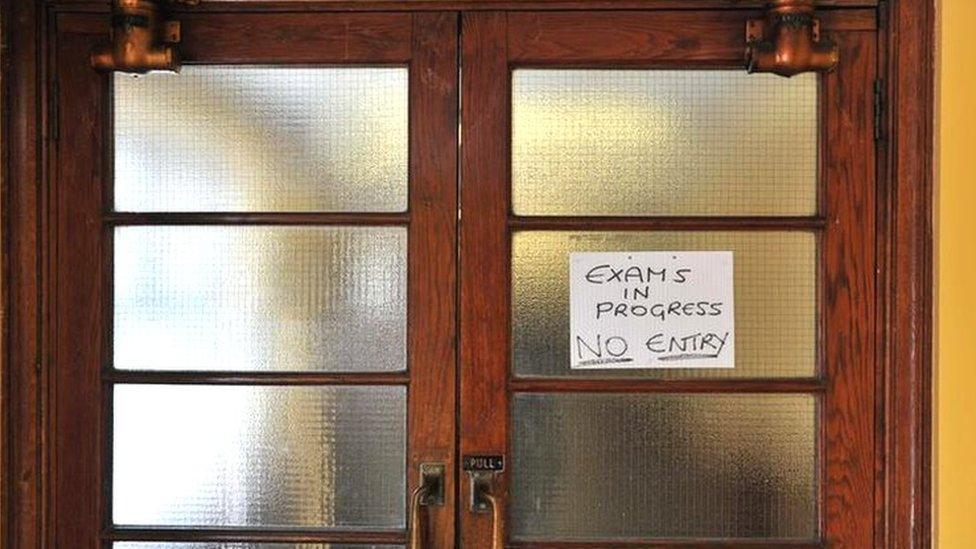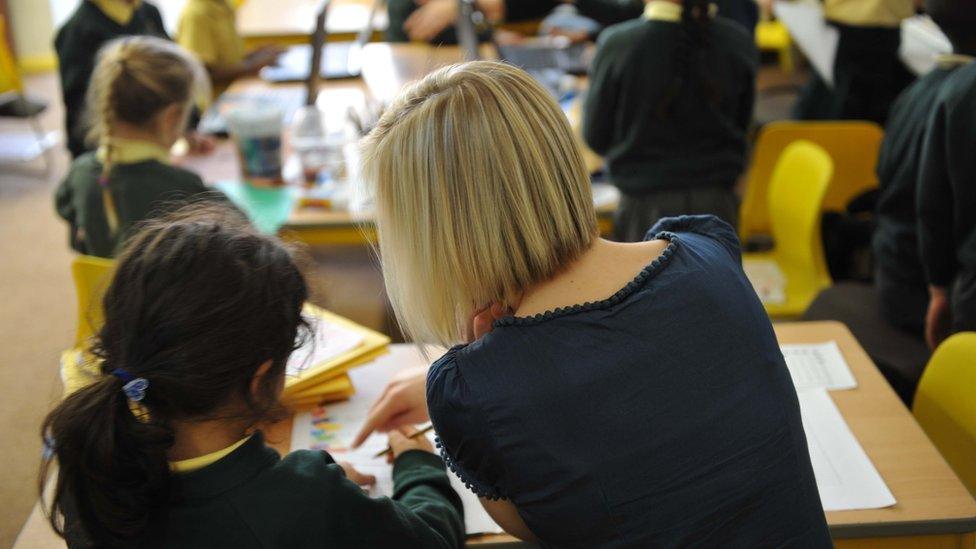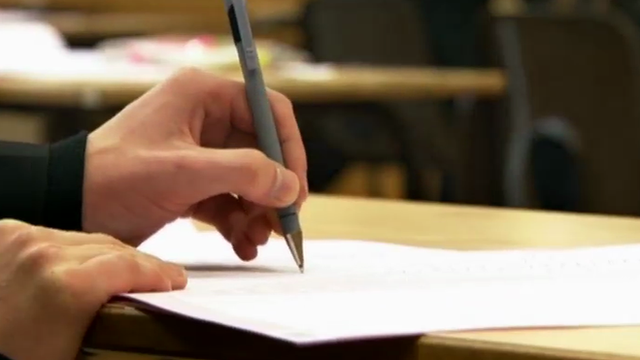How Wales Works: Changes to Welsh schools post devolution
- Published

The advent of the assembly in 1999 meant Wales could go its own way and create its own, distinctive education system, rather than being an extension of the system in England.
And that is exactly what successive education ministers decided to do.
In the early years SAT tests were scrapped, as were school league tables, but I will look at those in another article.
Getting rid of league tables and SAT tests were about accountability, but the main changes to schools in Wales over the last 16 years have been about how and what our children are taught.
Pupils in Wales have a very different experience to their counterparts in England, something which only exists because of the assembly and Welsh government.
Perhaps the most radical change here is in the early years. Our three to seven-year-olds go through what is called the Foundation Phase.
Borrowed from Scandinavian countries, the idea is that children learn through play; that if you instil a love of education early on during their time in school, it will stay with them for life; if you give them a new way of developing their thinking, it is the best foundation as they grow older.

It is also based on a belief that children do not really begin to benefit from formal teaching until the age of six or seven.
But it didn't come cheap. The informal style called for more staff in the classroom (1:8 for three to five-year-olds and 1:15 for those aged five to seven) as well as changes to school buildings and playgrounds.
The initial cost was £170m but that has almost certainly increased.
But has it worked?
The official evaluation work carried out last year by Cardiff University was not the resounding pat-on-the-back many were hoping for.
Researchers concluded the policy has failed in one of its core aims; to reduce educational inequality between pupils from poorer families and those better off.
The review found attendance improved in schools where the Foundation Phase was introduced, but said the improvements "cannot be entirely conclusive".
A breakdown by subject showed the achievement gap between pupils eligible for free school meals and those who were not had remained relatively unchanged in English, worsened in maths and halved in science.

Another concrete difference in the education system here is the Welsh Baccalaureate, rolled out in 2007.
It is aimed at giving teenagers a broader post-16 education than more specialist A-level subjects.
As well as core subjects, such as maths and languages, students also get a chance to take part in work experience and voluntary placements.
In the past, many students said the course was not challenging enough and therefore a waste of time.
Recent research suggested university students who study the Welsh Baccalaureate are less likely to get higher degrees than those who did not.
Having said that, the report also said those who study the Bacc are more likely to get into top universities.
Last year it was changed quite a bit. Rather than a simple pass or fail, the Bacc is now graded like GCSE and A-level qualifications. It is also more closely tied in to other subjects; another criticism of the original Bacc.
So there have been big changes in how pupils are taught at the beginning and end of their time in compulsory education.
But there is also another big change on the way for schools in Wales. Last year a brand new curriculum was outlined which will be taught from 2021.

Dozens of schools are coming together to figure out exactly how it will work and what exactly should be taught in future.
We already know "digital competence" will play a far more central part in schools than it does now.
The man responsible for the changes said he does not see how the current GCSE and A-level qualifications could still be used for such a different curriculum.
So we could see a situation where Wales, like Scotland, has its own, distinct qualifications.
To what extent, then, can we say devolution has improved the lot of pupils in Wales?
I will look at standards in another article, but here is the problem; fundamental changes to education policies rarely lead to improvements overnight.
The Foundation Phase was introduced in all schools in 2008. So to fully appreciate if pupils who have had their entire time at school based on the Foundation Phase fare better at GCSE, we will have to wait until 2020, when pupils who started school in 2008 will sit their GCSEs.
A year later, the "new" curriculum will be rolled out in all schools.
Whatever the "success" or "failure" of the Foundation Phase, it will not necessarily be maintained because so much else will have changed in the meantime.
So while there can be no doubt devolution has had a big impact on our schools, the success of those changes are less clear.
- Published13 August 2015

- Published26 March 2013

- Published28 November 2012
